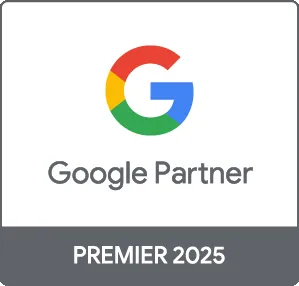The General Data Protection Regulation (GDPR) has significantly influenced how businesses approach advertising strategies in Europe and beyond. Established to protect the privacy and personal data of EU citizens, GDPR has introduced stringent requirements for data collection, processing, and usage. In this article, we will delve into the implications of GDPR for advertising strategies, exploring the challenges and opportunities that brands face in the post-GDPR landscape.
What is GDPR?
The General Data Protection Regulation is a comprehensive data protection law that came into effect on May 25, 2018. It applies to any organization that processes the personal data of European Union citizens, regardless of where the business is located. GDPR aims to give individuals more control over their personal data and establish strict guidelines on how organizations must handle such information.
The Key Impacts of GDPR on Advertising
1. Enhanced Consent Requirements
One of the most significant changes brought by GDPR is the requirement for explicit consent from users before collecting or processing their personal data. This has implications for advertising strategies in several ways:
- Brands must ensure transparency in their data practices, informing users about how their data will be used.
- Obtaining consent must be simple and straightforward, necessitating a reevaluation of how businesses communicate privacy policies.
- Failure to acquire proper consent can result in heavy fines, leading brands to rethink data collection methods.
2. Increased Focus on Data Quality
Under GDPR, advertisers are encouraged to prioritize data quality over quantity. This shift means that businesses must emphasize:
- Sourcing data directly from users who willingly provide it, rather than relying on third-party data.
- Ensuring the accuracy and relevance of personal data used for advertising campaigns.
3. Restriction on Behavioral Targeting
Behavioral targeting has become a mainstream practice in advertising, but GDPR limits this approach by implementing stricter rules around the collection of browsing habits and preferences. Brands must:
- Become more mindful of how they track user behavior across different platforms.
- Seek alternative methods of targeting that do not infringe on user privacy.
Opportunities Arising from GDPR Compliance
Despite the challenges posed by GDPR, businesses can also view the regulation as an opportunity to enhance their advertising strategies. Here are several potential benefits:
- Trust-Building: By demonstrating a commitment to privacy and data protection, brands can build stronger relationships with their customers.
- Improved Data Management: GDPR compliance fosters better data management practices that can enhance the overall effectiveness of marketing campaigns.
- Innovative Marketing Techniques: The need to adapt to GDPR can spur creativity, leading to the development of new advertising strategies that prioritize user experience.
Conclusion
The impact of GDPR on advertising strategies is profound, requiring brands to reassess how they gather and use consumer data. While the regulation presents challenges, it also offers businesses the chance to build trust and improve their marketing practices. As consumers become increasingly aware of their rights regarding personal data, brands that prioritize transparency and compliance will be better positioned to thrive in this new landscape. At Prebo Digital, we stay updated on data privacy regulations to ensure our advertising strategies not only comply with laws but also resonate with audiences. Contact us today to learn how we can help enhance your marketing efforts while ensuring compliance.





